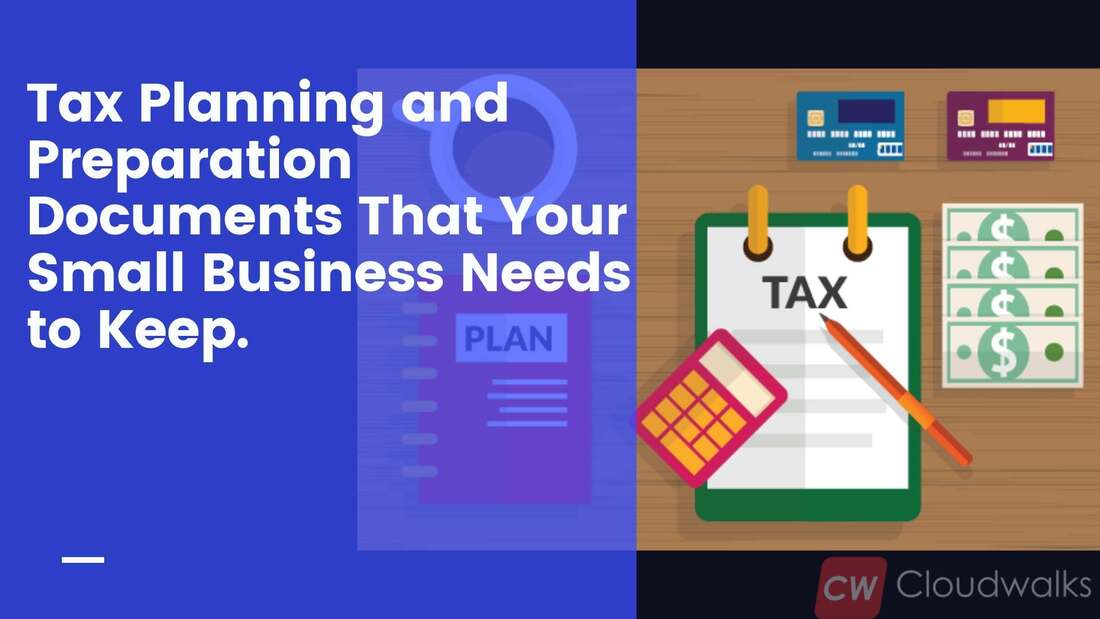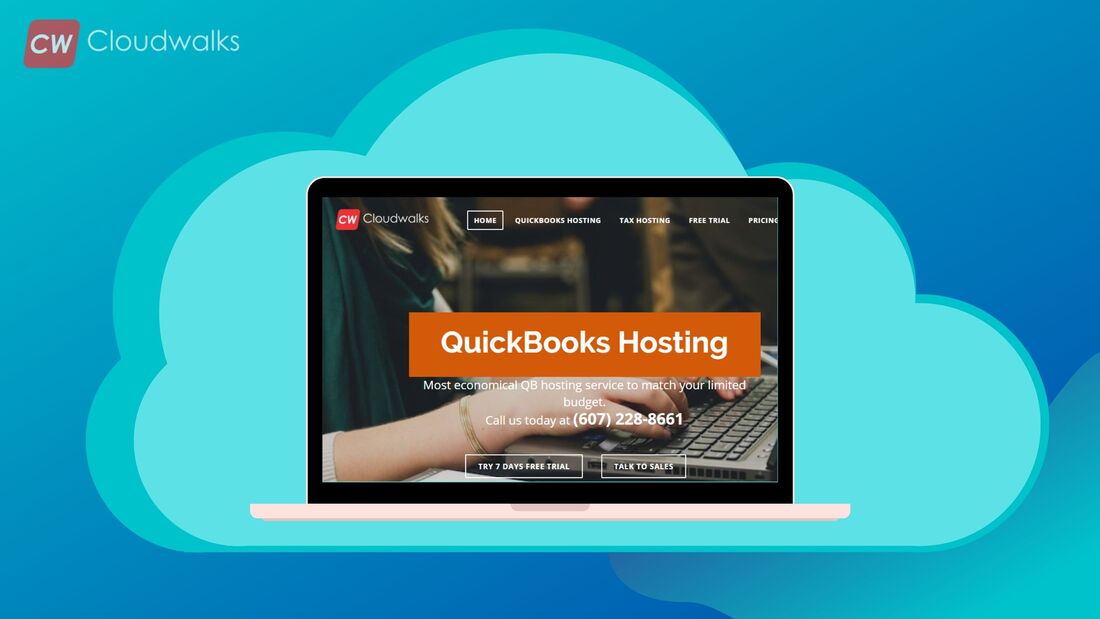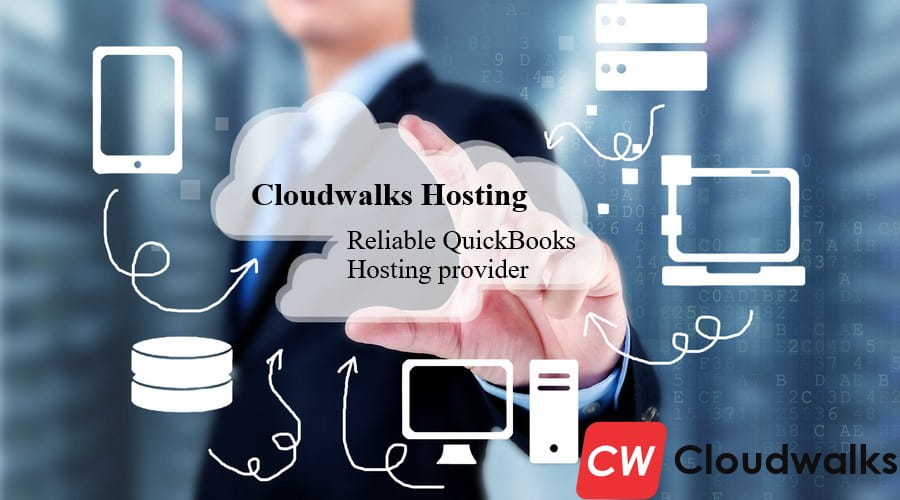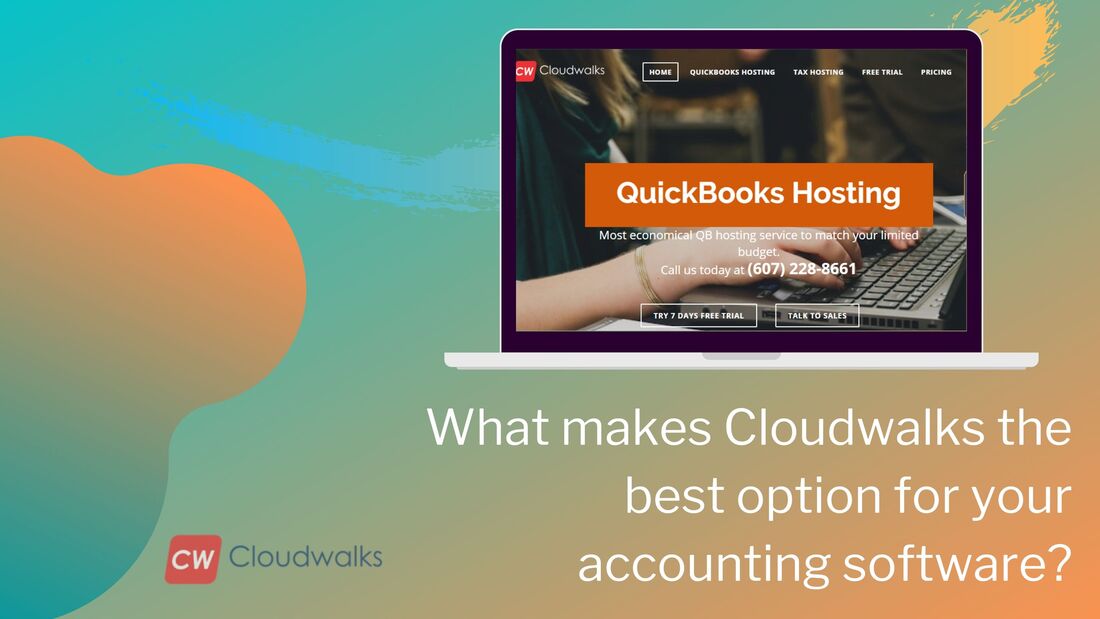|
Small business owners face many challenges. Besides trying to develop a successful business, owners need to deal with taxes and accounting. Changes to federal, state, and local tax laws along with deductions, regulations, and bookkeeping requirements add to the stress. Proper tax planning and preparation helps reduce the burden. When tax season rolls around, keeping the following documents and records readily available should streamline your tax preparation process. Financial StatementsAn income statement or profit and loss statement provide a starting point for preparing taxes. These statements remain the most essential for your taxes. To avoid tax filing errors or audits, you should maintain accurate financial statements. This requires good bookkeeping practices throughout the year. You should maintain a record of every cent coming in and out of your business. This includes all income, the cost of goods sold, and all expenses. Personal Vehicle Usage Log The IRS allows you to claim part of a vehicle’s operating expenses. Many small business owners, Uber and Lyft drivers rely on their own personal vehicles for business use but forget to maintain the information required to claim the tax deduction. As part of your tax accounting, keep a log of the total mileage driven for business use and the dates of the trips. The IRS provides two options for claiming a deduction. With the actual vehicle expenses method, you combine the total expenses including gas, maintenance, insurance, and repairs. You then divide the miles driven for business use by the total mileage. Apply this percentage to the total expenses to determine the amount that you can claim as a deduction. With the simplified method, you simply multiply the total miles driven for business by the standard mileage deduction, which is currently $0.58 per mile. Home Office Expenses Small business owners also tend to overlook home office expenses. If you exclusively use a room in the house for business or meet clients at your home, you may claim a home office deduction. As with the vehicle deductions, the home office deduction is equal to a portion of your total home expenses including gas, electricity, interest on the home loan, and maintenance or repairs. However, you still need to maintain a record of these expenses in your bookkeeping. If you do not use your home for business purposes, you may still have general office expenses that you can claim. You may include the cost of staplers, paper, and even accounting or tax planning software. Payroll Documents Businesses with employees need to file a variety of payroll tax forms. You file some of these forms quarterly while others require annual filing. The Federal government requires Form 941/Schedule B to report federal income tax withheld from employee paychecks each quarter. You also need to fill out a W-2 for each employee and a Form 1099 for independent contractors. With Form 940, you contribute to the Federal Unemployment Tax Act (FUTA). This allows employees to receive unemployment compensation when let go for reasons out of their control. Capital Asset Activity Capital assets include any property that you buy, sell, or trade that benefits your business for more than 12 months. You need to keep track of any transactions involving capital assets such as land, vehicles, equipment, buildings, patents, and copyrights. Capital asset activity impacts your total earnings for the year. If you sell an asset for more than the purchase price, you have a capital gain. If you sell the asset for less than the purchase price, you have a capital loss. Inventory Records and Documents If your business maintains an inventory, you have additional records to maintain, including the cost of goods sold (COGS). The COGS is the direct cost of the production of goods and helps determine the gross profit for the year. You record the total COGS as a business expense on the income statement. Transactions that impact the COGS include the cost of materials and supplies, items removed for personal use, inventory purchases, and the dollar amounts of the beginning and ending inventory. What Is the Easiest Way to Maintain These Records? The documents listed above only cover a small portion of the information that you need to keep on file. Trying to manage these records may become overwhelming. Instead of stuffing a filing cabinet with endless receipts, forms, and logs, you can keep track of almost everything using bookkeeping software. For example, QuickBooks offers an intuitive user interface and a comprehensive set of features for managing your business accounting. With the help of an experienced accounting firm, you can train staff to use QuickBooks. With expert training workshops, you should have no problem tracking income and all daily or monthly bookkeeping activities. In the end, bookkeeping is a necessary component of running a small business. If you want to eliminate one more task from an already busy schedule, consider using a bookkeeping and accounting company with extensive experience in your industry. About the Author
EZ Ledger Inc. is a United States-based company with over 15 years of bookkeeping and accounting experience. We can help you from daily financial record-keeping to month-end accounting needs. No matter what your need or location, EZ Ledger Inc. is the answer to your bookkeeping and accounting needs.
0 Comments
Your comment will be posted after it is approved.
Leave a Reply. |
Most useful blogs |
Hosted Applications |
Tax Hosting Services |
Accounting Applications |
ContactAddress
Cloudwalks Hosting, Inc. 40 Exchange Place, Suite 1602 New York, NY 10005 |


 RSS Feed
RSS Feed




